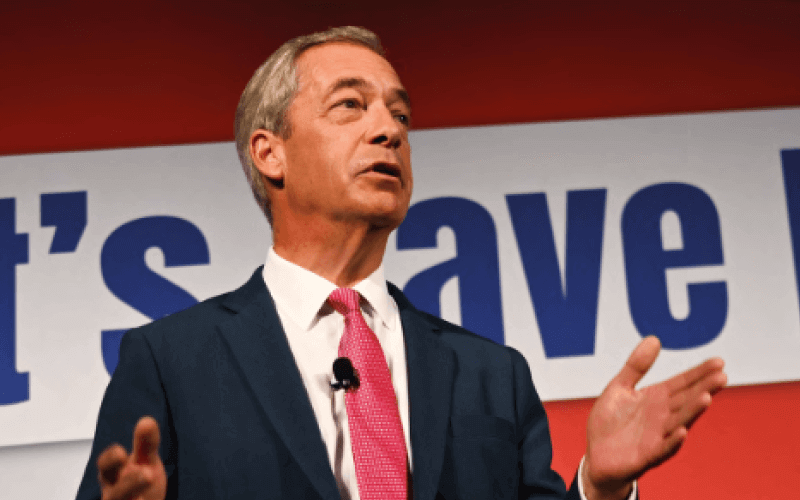Disability Benefits: Farage's Renewed Call for Cuts Sparks Debate
Nigel Farage's renewed call for cuts to disability benefits has reignited a fierce debate across the UK, sparking outrage among disability rights groups and prompting a flurry of responses from politicians across the spectrum. The former UKIP leader, known for his outspoken views, has once again argued that the current system is overly generous and unsustainable, demanding significant reform. This controversial stance has thrust the issue back into the national spotlight, raising questions about fairness, affordability, and the very definition of disability.
The Core of the Controversy: Farage's Arguments
Farage's arguments center on concerns about the cost of the disability benefits system and what he perceives as a lack of stringent assessment criteria. He claims that the system is open to abuse and that significant savings could be achieved through stricter eligibility requirements and more robust fraud prevention measures. He argues that these savings could then be redirected to other vital public services. Specifically, he points to examples of perceived inconsistencies in benefit allocation, citing anecdotal evidence – a tactic frequently criticized for lacking rigorous statistical backing.
The Counter-Arguments: A Chorus of Dissent
Disability rights organizations have vehemently condemned Farage's proposals. They argue that his claims are based on misinformation and prejudice, painting a deeply unfair picture of disability benefit recipients. They highlight the rigorous assessment process already in place, emphasizing the significant hurdles individuals must overcome to qualify for support. Moreover, they stress the vital role these benefits play in ensuring the basic needs of disabled people are met, enabling them to live with dignity and participate in society.
- Concerns about increased poverty: Critics argue that benefit cuts would disproportionately impact vulnerable individuals, pushing many into poverty and exacerbating existing inequalities.
- The impact on mental health: The stress and anxiety associated with navigating the benefits system, coupled with the potential loss of vital financial support, could severely impact the mental health of disabled individuals.
- The need for support services: Many argue that instead of cutting benefits, the government should invest in increased support services, including better access to healthcare, education, and employment opportunities for disabled people.
The Political Landscape: A Divided Nation
The debate has exposed a deep divide within the political landscape. While some politicians have echoed Farage's concerns, albeit with more nuanced language, others have strongly denounced his proposals, emphasizing the importance of protecting the vulnerable. The debate extends beyond party lines, highlighting the complexity and sensitivity of this issue. The government itself has yet to issue a definitive response, suggesting a cautious approach to a politically volatile topic.
The Way Forward: Finding a Balanced Solution
The debate surrounding disability benefits highlights the urgent need for a thorough review of the system. While concerns about cost-effectiveness are valid, they must be balanced against the fundamental right of disabled individuals to live with dignity and security. The focus should shift from arbitrary cuts to exploring innovative solutions that improve efficiency, streamline processes, and enhance support for those who genuinely need it. This might involve investing in better technology, improving access to employment training, and strengthening fraud prevention measures without penalizing genuinely disabled individuals.
This ongoing debate underscores the vital importance of informed discussion and a compassionate approach to disability support. Finding a balanced solution that addresses both financial sustainability and the needs of disabled individuals will require careful consideration, collaboration, and a commitment to fairness for all. Only through such an approach can the UK create a truly inclusive and equitable society.

